Military spending soared in dozens of countries last year, while funding for global equality, conflict, peace and security aid fell by 7 per cent, a new report from Oxfam has warned.
In a report published jointly with Researchers Without Borders, the charities highlighted how funding for women-led organisations and to support LGBT+ communities was taking an outsized hit as aid cuts start to mount – with significantly more coming through from this year onwards. The report says that women’s organisations are now getting less than one per cent of every dollar of aid funding worldwide.
The UK is one such country introducing deep cuts to overseas aid from this year, with a 40 per cut being redirected towards defence. Projects supporting women and girls have been particularly singled out for cuts by the government.
The charities called for UN members including the UK to change course and shift some of their military spending back towards peace-building. If nothing changes, the report said, almost half of women’s rights organisations were expected to shutter within six months, while roughly three-quarters have already had to lay off staff.
Amina Hersi, Oxfam’s Head of Gender, Rights and Justice, said: “Feminist-led peace hasn’t failed – it has been betrayed.
“A generation after world leaders promised women a seat at the table, the same powerful states that authored the blueprint have simply not backed it properly. Women peace-builders are being left to nurture shattered communities, shouldering most of the responsibility but without enough political space or financial backing to do so.”
In October 2000, a UN pledge titled Security Council Resolution 1325 set out what is known as the Women, Peace and Security agenda - a plan to involve women in decision-making and peace-building efforts during conflict. It is also designed to increase protections against gender-based violence during war.
It has had some successes, including increasing the participation of women in, “informal community-level peace-building efforts in eastern Democratic Republic of Comgo (DRC) and South Sudan,” the report found.
“However, formal peace processes remain male-dominated, with women comprising only 5 per cent of negotiators and 9 per cent of peace negotiators in UN-led processes in 2023,” it said.
In Colombia, more than 180 women human rights defenders were killed in 2023 alone, while in DRC just 13 per cent of parliamentary seats are held by women and conflict-fuelled sexual and gender-based violence is widespread, it found.
In Gaza, more than 28,000 women and girls have been killed and many more subjected to violence so extreme it should be considered its own genocide, the UN Special Rapporteur on Violence Against Women and Girls, Reem Alsalem, has claimed. Israel denies all allegations that its military campaign in Gaza has broken the treaties and conventions that make up the laws of war and international humanitarian law.
“Women in Gaza have led humanitarian responses… acted as de facto peace-builders,” said one Palestinian participant in the research. “We are not just grieving mothers or helpless widows. We are community leaders, journalists, medics and organisers. We need to be at the table where decisions are made, including about the reconstruction of Gaza”.
But a “collapse in funding” threatens these women-led peace-building efforts, the report makes clear.
“Feminist peace is a political imperative, not an optional extra,” said Hersi. “Unless governments change course now, the [Women, Peace and Security] agenda will be remembered as just another broken promise”.
This article has been produced as part of The Independent’s Rethinking Global Aid project

.jpeg)



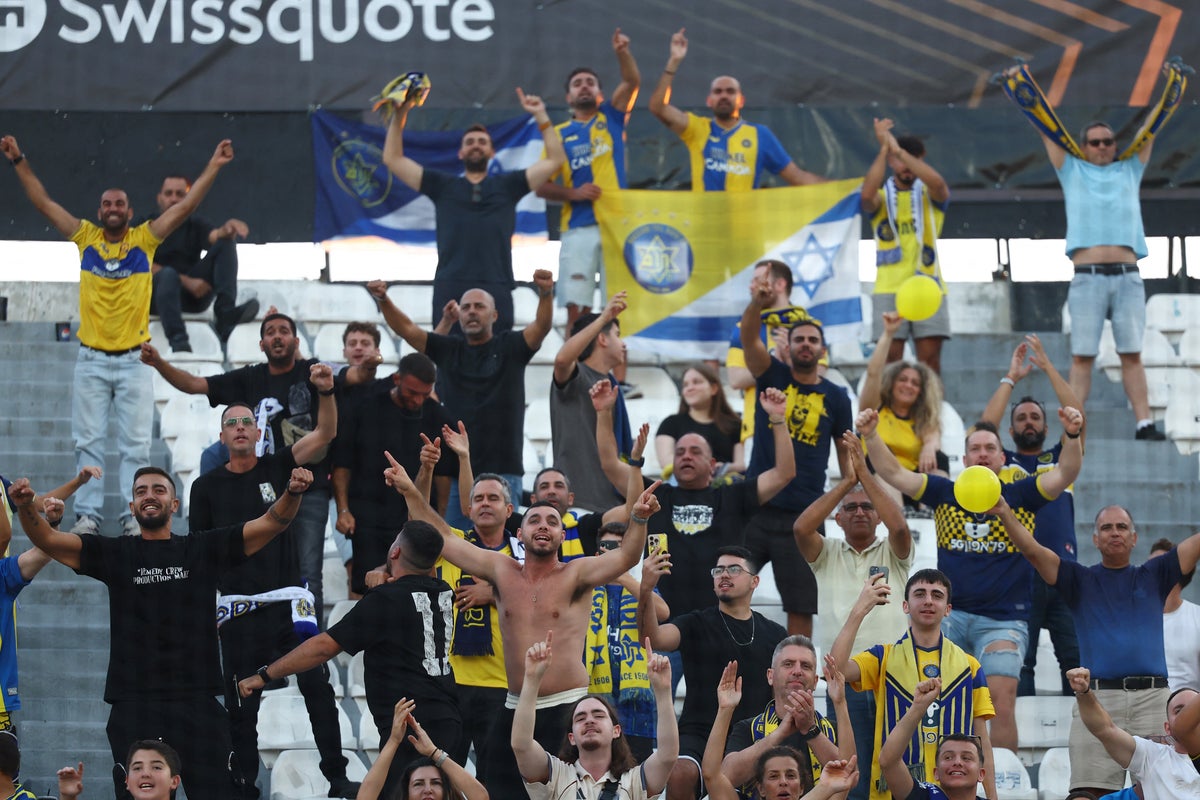





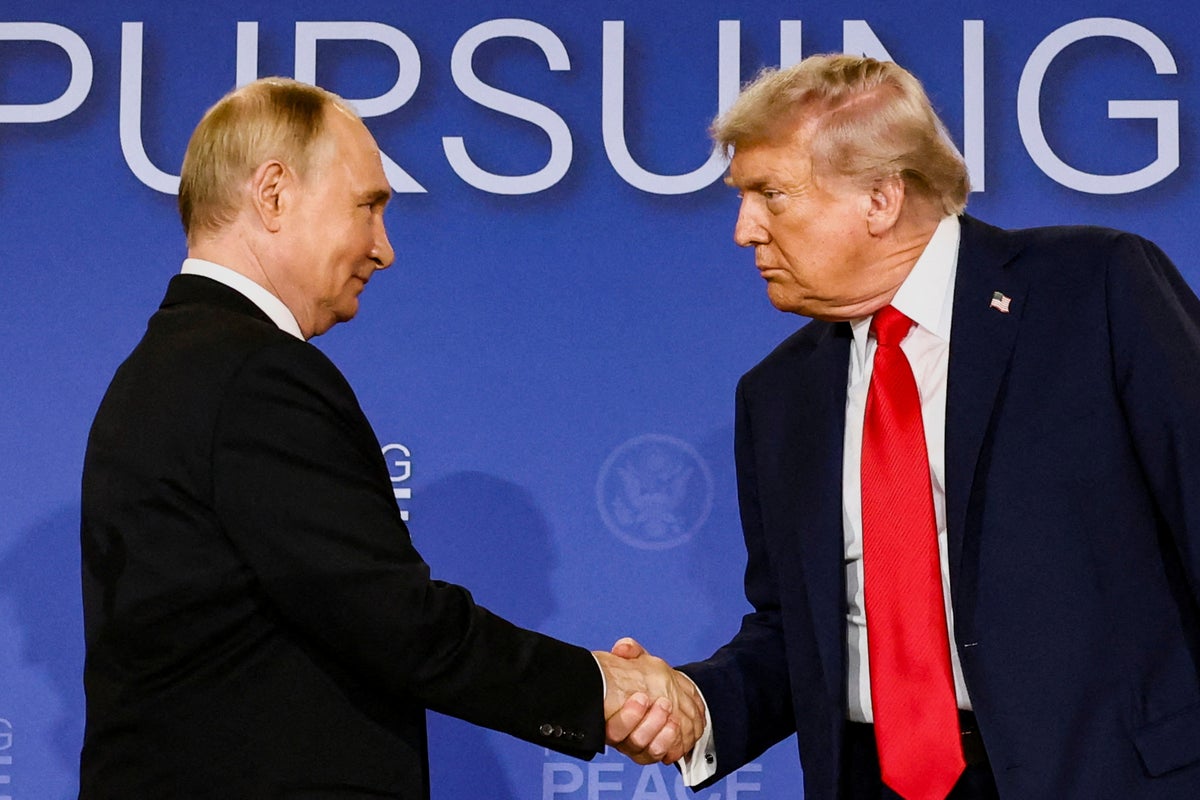








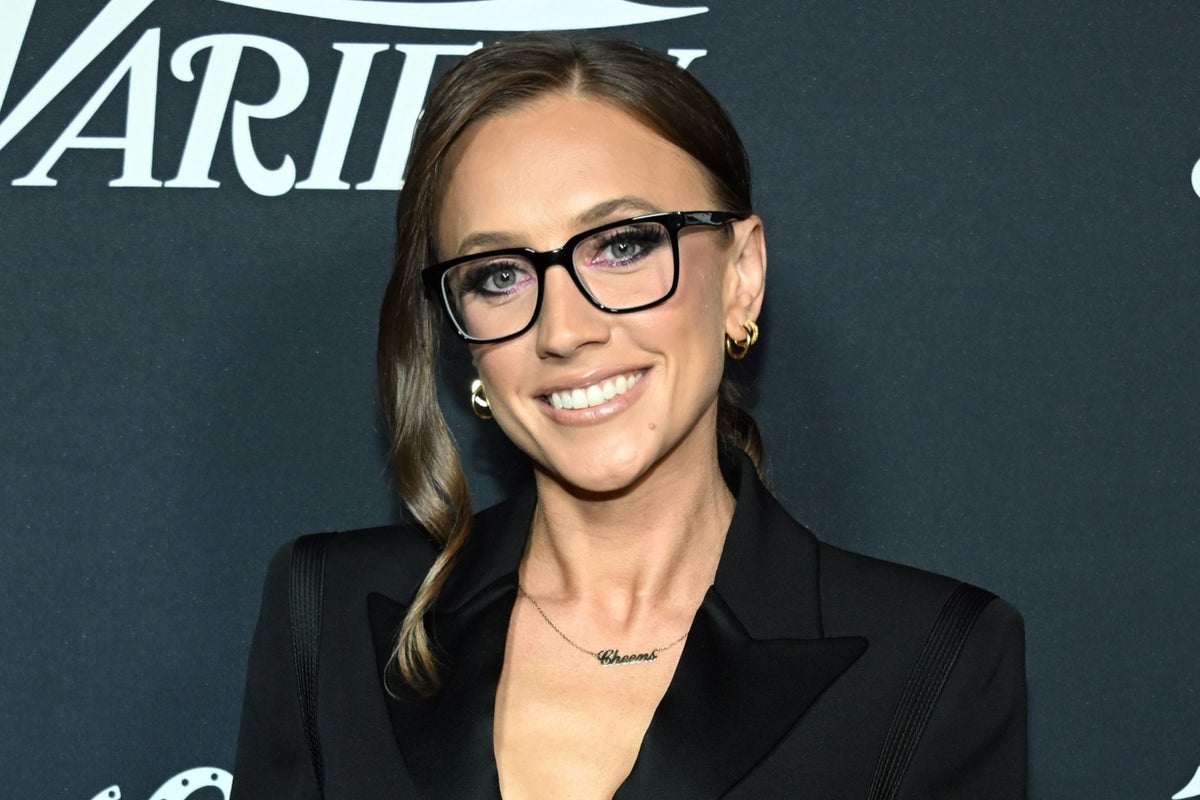



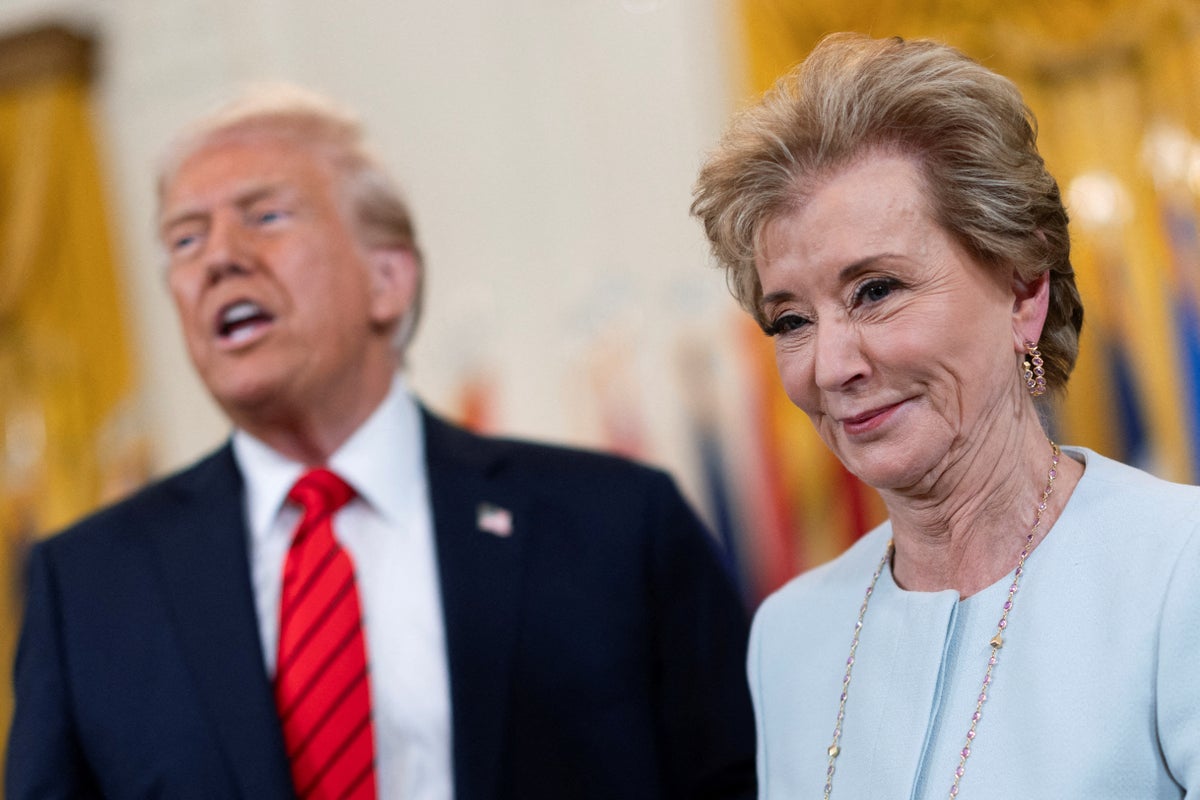





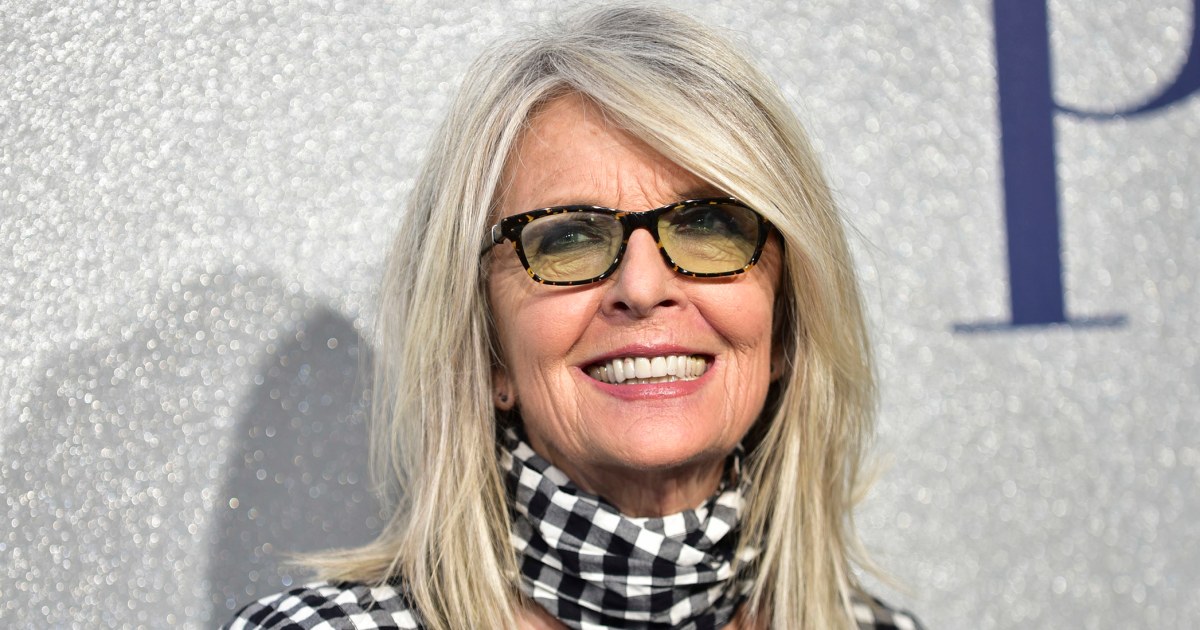




 English (US) ·
English (US) ·